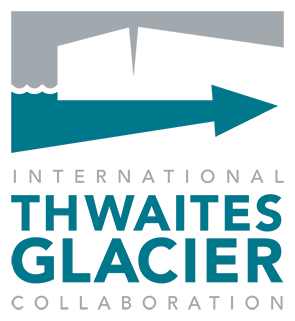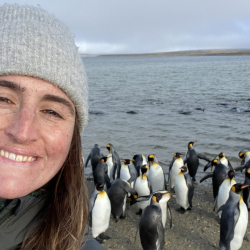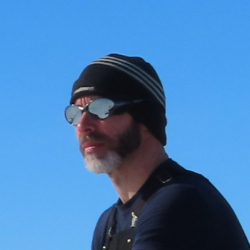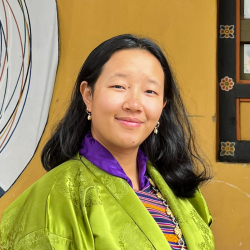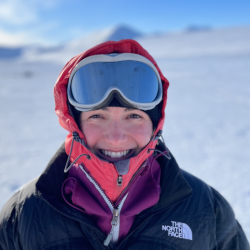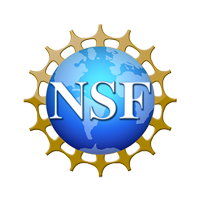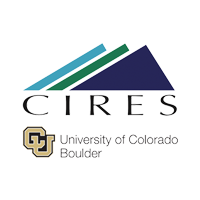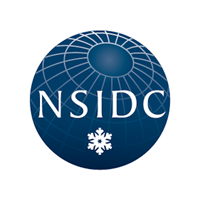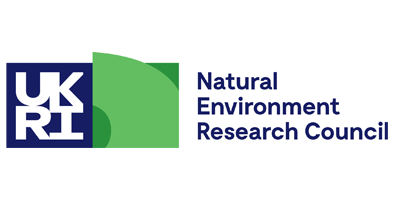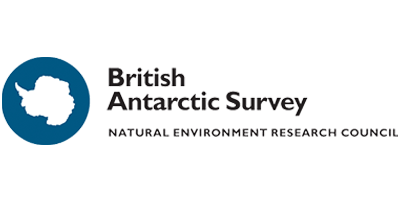Ran, the seven metre-long, bright orange, autonomous underwater vehicle (AUV) and a highly valued component of the International Thwaites Glacier Collaboration (ITGC), has gone missing in action in West Antarctica. The AUV has contributed key data to ITGC, including the first data from under Thwaites ice shelf1 and high resolution maps that show where Thwaites Glacier was grounded in the past2. Ran disappeared the first weekend of February during an expedition to Thwaites Glacier with the South Korean icebreaker RV/IB Araon.
Emily works on the UK communications for the Science Coordination Office (SCO) for the International Thwaites Glacier Collaboration. Alongside the SCO team, she plans and develops news and press releases, produces content for social media and liaises with research teams.
Nov23-2023-3LC130s-McMurdo-arrival.png
Schmidt ITGC:047
Schmidt, B. E., P. Washam, P. E. D. Davis, et al. 2023. Heterogeneous melting near the Thwaites Glacier grounding line. Nature 614, pages 471–478 (2023)
Tom Lawrie is assisting the TIME team on Thwaites Glacier for the 2023-24 field season.
Yeshey Seldon works on the TIME project conducting seismic studies of Thwaites Glacier and analyzing the data.
Rebecca Schlegel is a geophysicist and glaciologist working at University of Tübingen in Germany. Her focus is on the investigation of basal conditions and high-resolution topography of ice streams, specifically the initiation and evolution of bedforms. Within GHOST she is involved in the acquisition and analysis of ground-based radar data which will be used to determine bed topography and basal properties over a wide area.
